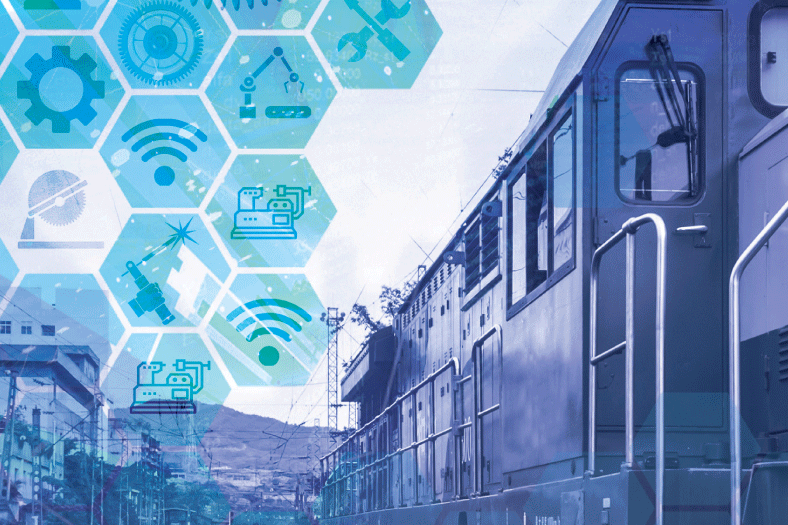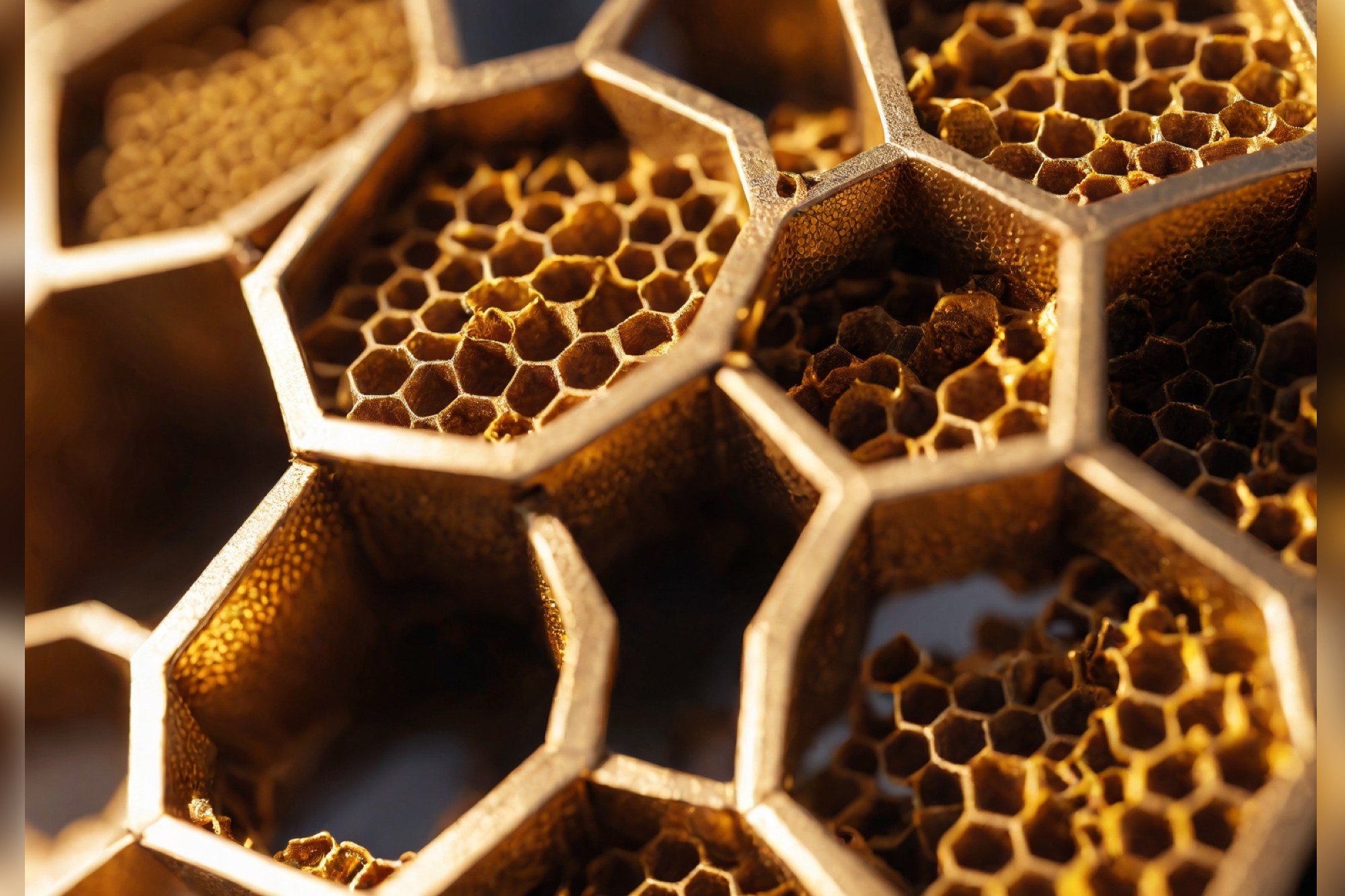Increasing reliance on SMEs for railways
By OEM Update Editorial November 11, 2019 4:24 pm IST
Calculating the wider aspects that may aid in flourishing the Indian railway sector with latest technological adoption, industry leaders mention key areas where involving SMEs and implementing global technologies can lead to improving the operational efficiency in Indian Railways.
Indian railways are one of the flourishing national level sectors for the SMEs and MSMEs to do businesses. It’s highly essential that the SMEs get their due recognition and consideration, as railways are adapting technological innovations to deliver robust services to the sector. Railways, today, are more focused and keen on infusing varied transformational themes like modernisation of tracks, efficient locomotive engines, high-speed trains, high-end machineries for safety, security and smooth functioning of rail systems.
Role of SMEs in development of Indian railways
Indian railways in order to modernise its operations including enhancing safety standards and better traffic management is scaling up its activities leading to larger involvement of PSUs as well as SMEs. V Anbu, Secretary, Director General & CEO, IMTMA here mentioned some of the key developments they witnessed including the new state-of-the-art electric engines and faster locomotives which are manufactured in India and the introduction of private passenger trains. Indian manufacturing sector also created history when BEML exported indigenously developed metro coaches to Australia. “As SMEs scale up their technology development and skilling needs, use requisite tool sets, manufacturing methods and processes, we would perhaps see more such results, since railways bank on SMEs to keep itself up and running.”
Faster mobility and safety standards for passenger and goods train have been the primary motive that is pushing railways to acquire technology for building a viable rail infrastructure. Indian manufacturers will need to explore avenues for technology collaboration and customising them to local needs. The Make in India ‘LHB coaches’ which is replacing the old ICF-design coaches in Indian railways is a glaring example of technology procurement from Germany.
On the other hand, K M Sunil, Vice-President – Corporate Strategy, Pennar Industries, feels that only after the railways outsourced the components, the production of the coaches has increased drastically. Earlier, when the railways manufactured the rail components in-house, it could manufacture only 800-1000 coaches per annum. “After railways started outsourcing components from SMEs, the production has gone up substantially and has touched around 6000 coaches per annum in the past decade. India probably is the second largest coach manufacturer in the world after China. In order to meet the growing demand, if railways can offer a limited number of cars through PPP model Pennar Industries would be able to absorb the demand”, Sunil added.
The proposed Public-Private Partnership (PPP) model
According to the government’s announcement, the private sector will be involved in rail services like laying railway tracks, rolling stock manufacturing and other passenger freight management services to boost efficiency in railways. According to Sunil, “Though there is no Formal PPP model in Railways workshops, in Coach Building business, Railway Coach Production Units such as Integral Coach Factory – Chennai, Modern Coach Factory – Raebareli and Rail Coach Factory – Kapurthala, the railway authorities outsource 80- 90 per cent of the components from private players in the form of fabricated sub-assemblies and child parts.”
Sunil adds “Railway workshops currently do not intend to outsource complete coach building to private parties, but if the Board takes the PPP route, there are quite a few competent players in the market. Talking about the key players in metro rail, I would say that BEML, Bombardiar and Alstom among the key players in Metro coaches segment. Only the signalling and safety aspects are kept with RDSO. Interestingly, railways are contemplating to start manufacturing of metro coaches in the near future”,
Upgradation in Indian Railways benefiting the machine tool industry
Indian railways can be improvised with a fine finishing by delivering better and enhanced tools and equipment. Indian railways are upgrading its overall look and feel, especially, in the passenger segment. Upgradation of new coaches has opened up opportunities for investment in CAPEX, which includes new machines as well. Looking at the arriving opportunities, Anbu says, “Modernisation of infrastructure in locomotive and coach building will open up opportunities for machine tool companies to supply the requisite technologies. This will result in changes in the supply chain management of suppliers catering to Indian railways as they will also invest in new machineries and technologies which in turn will create demand for the machine tool industry. This will bode well not just for metal cutting but for metal forming industry as well.”
Implementing global technologies for furnished services in Indian Railways
Indian railways are a 16-years-old national organisation, a public sector undertaking, continues to be burdened with declining operational efficiencies. Even after being the fourth largest railway network in the world, it has immersed in huge debts. While talking about technological upgradation, high-speed trains, safety and other technical adoptions, Indian railways lag far behind amidst the global railway system.
Railways play a huge role in development because today they are the biggest employer in the country. Indian railways have now decided to upgrade their manufacturing and repair shops to produce quality products to compete globally. R. Srinivasan, President, IIWT (2014-2017) and Chairman – IIW Foundation feels that the Indian railways have come a long way in terms of upgradation. If you compare the state of Indian coaches of now with the ones that were on roll 5-10 years back, there has been a huge difference in appearance as well as performance.
The railway workshops are now certified under the new norms of quality standard called as ISO3834. Now, the railways have decided and demanded EN 15085 standards to be implemented which is an ISO technical requirement. Srinivasan further says, “The welding industry is now really gearing up and put to task to meet the challenges. In order to implement those standards, the people responsible for the same have to be educated about the products, qualified at international level, the personal available, the welder, have to be certified, and each and every aspect has to be inspected various intervals. So, IIWT does these certifications for some of the railway workshops.”
Standards bring about change; imagine every state has bullet trains, a vision of the future! “So, with proper quality standards, maybe 5-10 years down the line, we will be able to see every city working on a metro path. So, a change is taking place everywhere; even now, these metro projects are made in India.
After railways started outsourcing components from SMEs, there was a production of 6000 coaches per annum
K M Sunil, Vice-President – Corporate Strategy, Pennar Industries
The Indian railways demands EN 15085 standards to be implemented for welding their vehicles.
R. Srinivasan, President, IIWT (2014-2017) and Chairman – IIW Foundation
India created history when BEML exported indigenously developed metro coaches to Australia
V Anbu, Secretary, Director General & CEO, IMTMA
Cookie Consent
We use cookies to personalize your experience. By continuing to visit this website you agree to our Terms & Conditions, Privacy Policy and Cookie Policy.


















